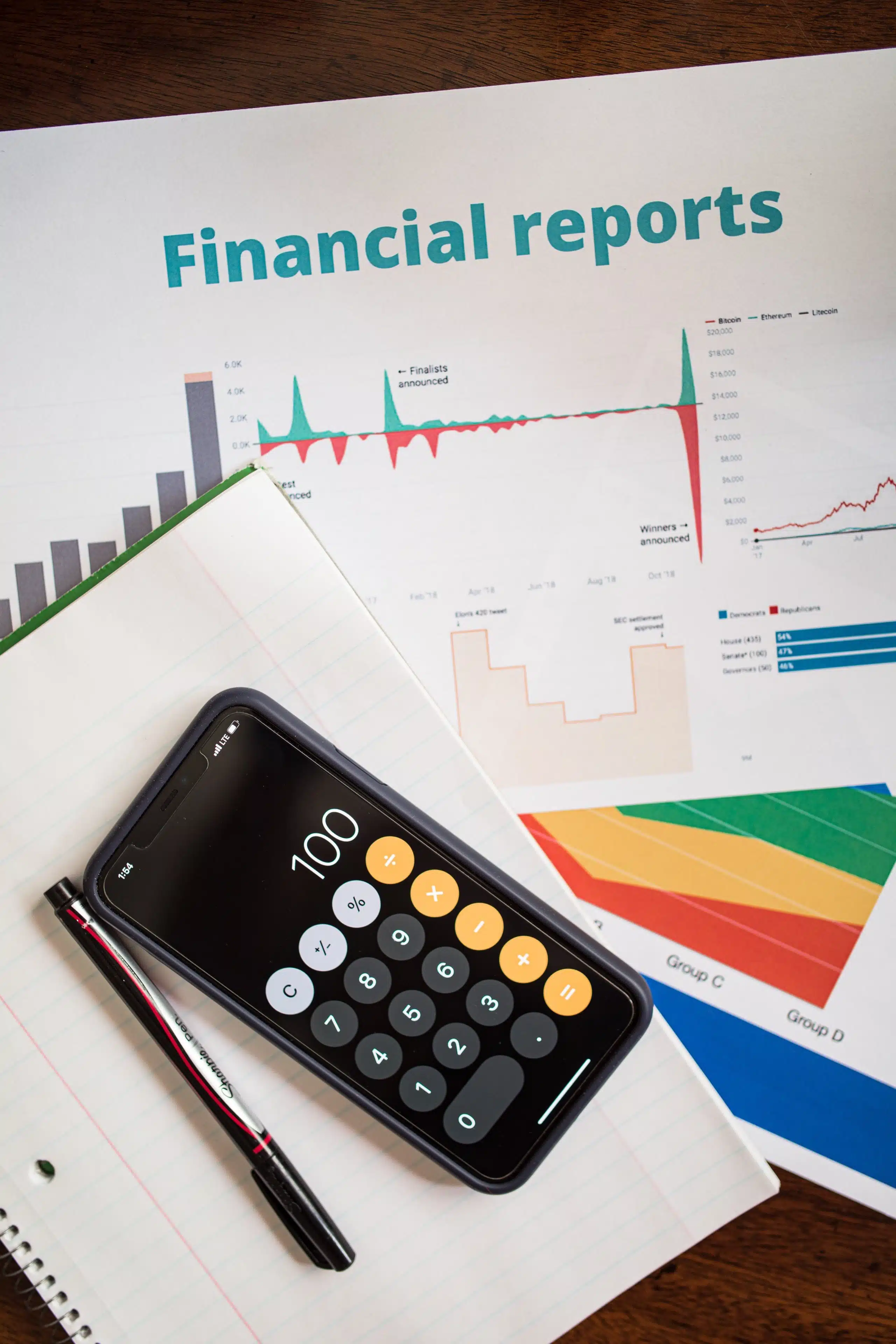Welcome back to our series! So far, we’ve tackled the basics and helped you choose the right accounting method. Now, it’s time to dig into the financial reports that keep your business running smoothly. Understanding these reports is like having a roadmap to your business’s financial health. Let’s uncover the essential financial reports every small business owner needs to know—without making you feel like you need a PhD in finance.
The Income Statement (Profit and Loss Statement)
First up, the Income Statement or the profit and loss (P&L) statement. Think of this report as the “report card” for your business’s performance over a specific period. It shows you how much money you’re making and how much you’re spending.
So, what is the P&L statement?: The P&L summarizes your revenues, costs, and expenses over a specific period (monthly, quarterly, yearly). The result? Your net profit or loss.
- Example: Imagine you’re a realtor who sold several properties in a month. Your income statement will list all the revenue from those sales, subtract the costs and expenses (like marketing, office rent, and commissions), and show your net profit.
What does the P&L statement contain?:
- Revenues: All the money you’ve earned from your business activities, such as sales from goods or services, or commissions earned.
- Cost of Goods Sold (COGS): Direct cost of producing the goods sold by your business.
- Gross Profit (GP): The company’s profit after deducting COGS. Gross profit provides insight into the profitability of the core business without considering the broader operational expenses.
- Operating Expenses: Costs required to run your business (rent, utilities, salaries).
- Net Profit: The bottom line; is what’s left after you subtract operating expenses from gross profit. Hopefully, this number makes you want to do a happy dance.
Why is the P&L statement important?: The P&L statement helps you understand if your business is profitable. It highlights areas where you’re spending too much, helping you pinpoint where you could cut costs or invest more. Plus, it’s crucial for tax reporting, financial planning, and attracting potential investors or lenders.
The Balance sheet
Next, let’s look at the balance sheet. This report provides a snapshot of your business’s financial position at a specific point in time. It’s like taking a photo of your business’s finances.
So, what does the balance sheet include?:
- Assets: What your business owns (e.g., cash, inventory, property). Think of assets as your business’s toolkit – the resources you need to get the job done.
- Liabilities: What your business owes (e.g., loans, accounts payable). These are the IOUs you need to pay back.
- Equity: The owner’s interest in the business, calculated as assets minus liabilities. This is your business’s net worth – the part that truly belongs to you.
Why is the balance sheet important?:
- Financial Health: The balance sheet provides you with a clear picture of your business’s financial stability.
- Debt Management: The balance sheet helps you track what you owe and ensure you’re not over-leveraged.
- Growth Planning: The balance sheet provides a basis for making informed decisions about expanding your business.
The Cash Flow Statement
And finally, there’s the cash flow statement. This report shows how cash moves in and out of your business. It’s all about liquidity—making sure you have enough cash to keep the lights on.
So what does the cash flow statement include?:
- Operating Activities: Cash generated or used in your core business operations. Think of it as the money from your day-to-day hustle.
- Investing Activities: Cash used for investing in your business, such as buying equipment or property.
- Financing Activities: Cash from or used for financing your business, like loans or equity investments.
Why is the balance sheet important?:
- Cash Management: Helps ensure you have enough cash to cover expenses and avoid nasty surprises.
- Financial Planning: Provides insights into your business’s liquidity and helps with long-term planning.
- Investor Confidence: A strong cash flow statement can boost investor confidence, showing you’re managing your cash effectively.
Understanding these essential financial reports is crucial for managing your business’s finances. They provide a clear picture of your business’s performance, financial position, and cash flow. By regularly reviewing the income statement, balance sheet and cash flow statement, you can make informed decisions, plan for the future, and keep your business on track.
Stay tuned for our next post, where we’ll discuss setting up your accounting system. If you feel like this may be too much for you and need professional accounting help, please reach out to us below and see how we can get working together.
LET'S DO THIS!
How To Get Started
INQUIRY FORM
Review our services and apply for the service that best suits your needs. We will review your application and reach out with a link to schedule your Discovery Call.
DISCOVERY CALL
During the discovery call, we will discuss your needs and responses to the inquiry form to better understand your needs and goals and assess whether our services are a good fit.
ONBOARDING
Once we’ve determined the best service for you, we’ll begin the onboarding phase and get further acclimated with your business. We’ll talk through the ways we can integrate with your systems and our recommendations for best practices.
PARTNERSHIP
Our ongoing services are a year-round partnership, so we’ll be by your side to relieve your accounting and tax fears. That way you can focus on the parts of your business that you enjoy most!


